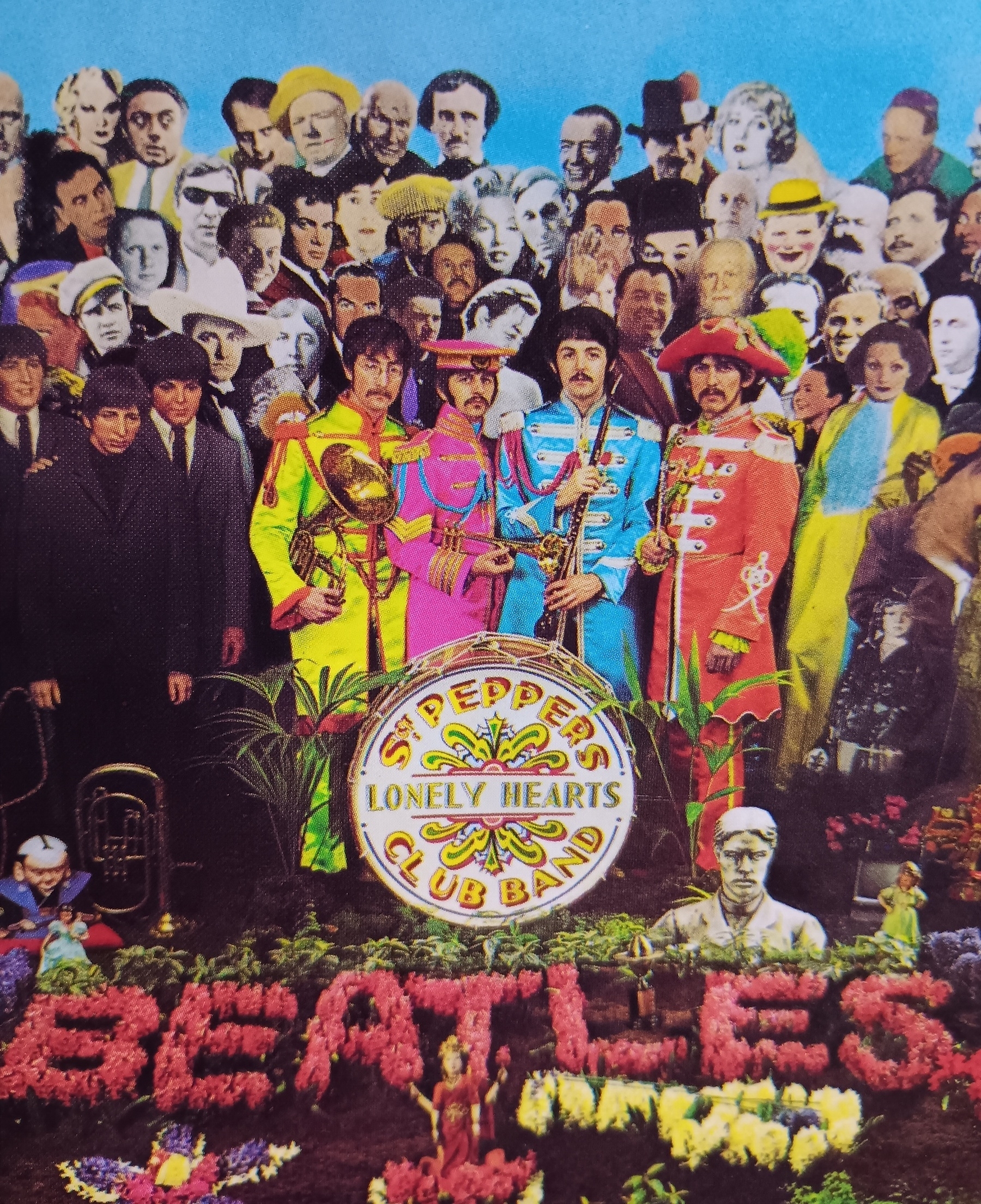
(from the inside flap of the CD case for Strangers In Our House by Meneguar)

(from the inside flap of the CD case for Strangers In Our House by Meneguar)

Finished reading: Reaching Out by Henri J. M. Nouwen 📚
There were points where Nouwen’s words touched something deep in my soul. Overall, I found his “three movements” to be a useful heuristic. There’s no simple way to “do” what the book outlines (that’s not a criticism). I think the best way to read this book might be either with a group or with the direction of a spiritual guide.

It is very hard to tolerate the experience of God as a purifying absence, and to keep our hearts open so as to patiently and reverently prepare his way. We are tempted to grasp rapid solutions instead of inquiring about the validity of the questions. Our inclination to put faith in any suggestion that promises quick healing is so great that it is not surprising that spiritual experiences are mushrooming all over the place and have become highly sought after commercial items. Many people flock to places and persons who promise intensive experiences of togetherness, cathartic emotions of exhilaration and sweetness, and liberating sensations of rapture and ecstasy. In our desperate need for fulfillment and our restless search for the experience of divine intimacy, we are all too prone to construct our own spiritual events. In our impatient culture, it has indeed become extremely difficult to see much salvation in waiting.
The mystery of God’s presence…can be touched only by a deep awareness of his absence. It is in the center of our longing for the absent God that we discover his footprints, and realize that our desire to love God is born out of the love with which he has touched us.
Prayer is often considered a weakness, a support system, which is used when we can no longer help ourselves. But this is only true when the God of our prayers is created in our own image and adapted to our own needs and concerns. When, however, prayer makes us reach out to God, not on our own but on his terms, then prayer pulls us away from self-preoccupations, encourages us to leave familiar ground, and challenges us to enter into a new world which cannot be contained within the narrow boundaries of our mind or heart. Prayer, therefore, is a great adventure because the God with whom we enter into a new relationship is greater than we are and defies all our calculations and predictions. The movement from illusion to prayer is hard to make since it leads us from false certainties to true uncertainties, from an easy support system to a risky surrender, and from the many “safe” gods to the God whose love has no limits.
The paradox of prayer is that it asks for a serious effort while it can only be received as a gift. We cannot plan, organize or manipulate God; but without a careful discipline, we cannot receive him either. This paradox of prayer forces us to look beyond the limits of our mortal existence. To the degree that we have been able to dispel our illusion of immortality and have come to the full realization of our fragile mortal condition, we can reach out in freedom to the creator and re-creator of life and respond to his gifts with gratitude.

Beautiful watercolor from Allen Say’s Grandfather’s Journey
We’ll see how these do in the raised bed

Currently Listening: Sgt. Pepper’s Lonely Hearts Club Band by the Beatles

